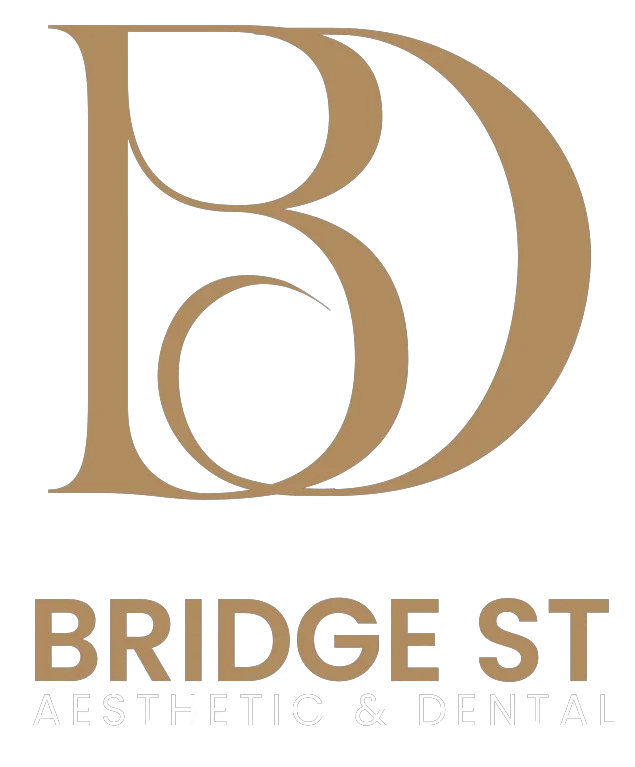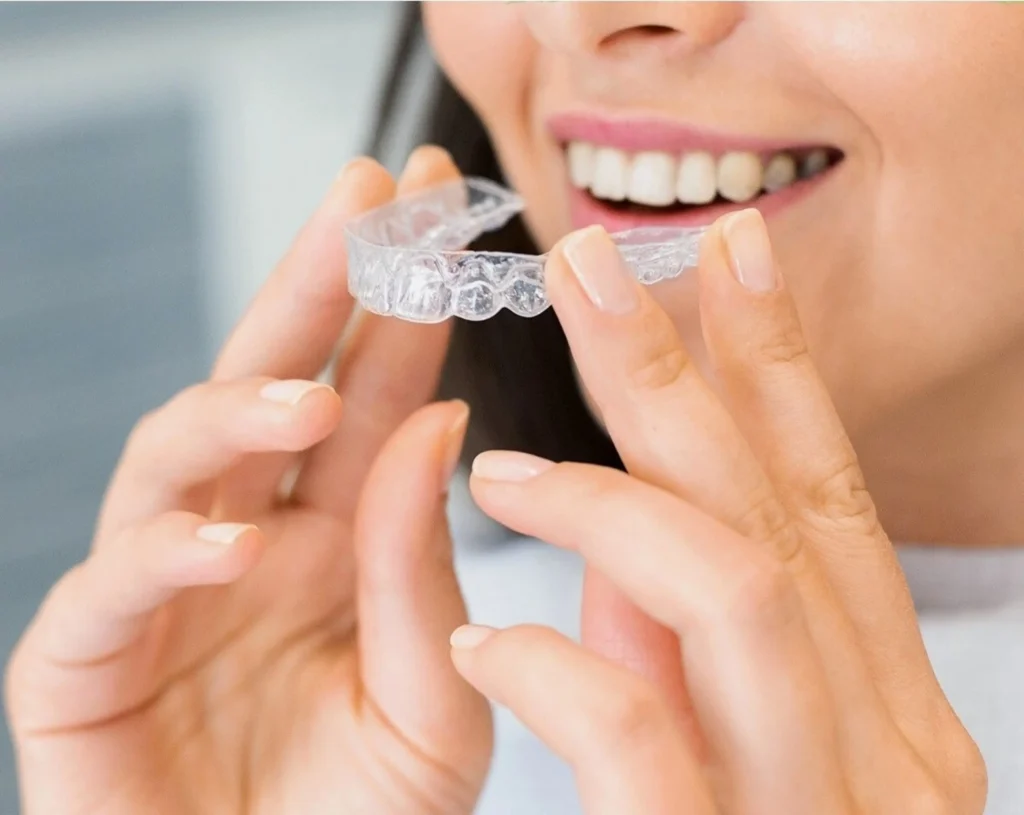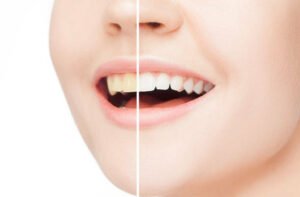Invisalign has revolutionised the world of orthodontics with its clear, removable aligners that promise a less noticeable and more comfortable teeth straightening experience. Despite its popularity, many folks in the UK are unsure whether this advanced treatment is covered by the National Health Service (NHS). This article delves into the specifics of NHS coverage for orthodontic treatments like Invisalign, explaining the criteria and alternative options available for those considering this method.
Understanding NHS Coverage for Orthodontics
The NHS provides funding for various health services, including orthodontics, to ensure essential care is accessible and affordable. However, its coverage primarily focuses on treatments necessary for improving dental health rather than aesthetic enhancements. Consequently, NHS support for orthodontic treatments is typically available to individuals under 18 years of age who meet specific clinical requirements.
Eligibility Criteria
To determine eligibility for funded orthodontic care, the NHS employs the Index of Orthodontic Treatment Need (IOTN). This system grades dental health and aesthetic needs from 1 to 5. A score of 4 or 5 indicates a pressing need for treatment due to health concerns, making a patient eligible for NHS funding. Scores of 3 might still qualify, depending on the orthodontist’s assessment of the teeth’s appearance. Unfortunately, those scoring 1 or 2 are generally not eligible for funded care.
Is Invisalign Covered by NHS?
Invisalign, while popular for its discretion and comfort, falls into a grey area under NHS coverage. The NHS does fund orthodontic treatments, but it usually restricts this to traditional metal braces, which are more cost-effective than Invisalign. The clear aligners offered by Invisalign are typically not funded because they are considered a more aesthetic choice rather than a necessity.
Special Cases
It’s worth noting that there are exceptional circumstances where an individual above the age of 18 could receive orthodontic treatment funded by the NHS. However, these cases are rare and usually involve severe dental health issues where treatment cannot be delayed. Even in such instances, the funding would likely cover traditional braces instead of Invisalign.
Private Treatment Options: A Path to Invisalign
Given the limitations with NHS funding for Invisalign, many opt for private treatment to access these discreet aligners. Private clinics across the UK offer Invisalign, accompanied by various payment plans to help manage the cost.
Benefits of Going Private
Choosing private treatment unlocks several benefits. Firstly, there’s no waiting list, which means you can start your treatment sooner. Private clinics often provide more flexible appointment schedules to suit your lifestyle. Additionally, many clinics offer inclusive packages that cover additional aspects of care, such as teeth whitening and retainers, enhancing the overall value of the treatment.
Payment Plans
Most private clinics understand that orthodontic treatments, including Invisalign, represent a significant financial investment. To make this more manageable, they offer payment plans. These can range from spreading the cost over several months with 0% interest to longer-term financing options. Such flexibility allows individuals to enjoy the benefits of Invisalign without the upfront financial burden.
What Is Invisalign Treatment and How Does It Work to Straighten Teeth?
Making an Informed Decision
If you’re considering Invisalign, it’s essential to weigh the NHS and private options carefully. While NHS coverage may not extend to Invisalign except in exceptional cases, the opportunities available through private care make it accessible to those who value the aesthetic and practical benefits of clear aligners.
Conclusion
Invisalign offers a modern, almost invisible solution to teeth straightening that many find appealing. However, understanding the boundaries of NHS coverage is crucial for anyone considering this treatment. While the NHS dentist might not cover Invisalign, private treatment remains a viable and flexible option, with numerous clinics offering helpful payment plans and additional benefits to make the process as smooth as possible. Remember, the first step towards a beautiful smile is a consultation with a qualified professional who can provide detailed advice tailored to your specific needs and circumstances.
Start Your Invisalign Journey with Bridge St Aesthetic and Dental Implant Clinic
Ready to explore the possibilities of Invisalign and achieve the smile you’ve always wanted? At Bridge St Aesthetic and Dental Implant Clinic, we’re committed to providing tailored orthodontic solutions with your comfort and aesthetics in mind. Don’t let the confusion around NHS coverage deter you from getting the best care available. Our expert team is here to guide you through the process, from initial consultation to the final reveal of your new smile.
Book Your Free Consultation Today
Take the first step towards a confident smile by booking a free consultation at Bridge St Aesthetic and Dental Implant Clinic. During your visit, we’ll discuss your dental goals, assess your suitability for Invisalign in Aberdeen, and explore various payment options that make treatment accessible and affordable. Contact us today to find out more about our services and how we can help you transform your smile.
Discover how easy and rewarding achieving a perfect smile can be with the right support and expertise. Call us or visit our website to schedule your appointment. We’re excited to be a part of your journey to a healthier, more beautiful smile!
Frequently Asked Questions
Can adults receive NHS funding for Invisalign?
Adults rarely qualify for NHS orthodontic funding, which typically covers traditional braces for severe dental issues, not aesthetic treatments like Invisalign.
Does Invisalign treatment hurt?
Invisalign aligners may cause mild discomfort initially as teeth begin to shift, but they are generally less painful compared to traditional metal braces.
How long does Invisalign treatment take?
The duration of Invisalign treatment varies, typically ranging from 12 to 18 months, depending on the complexity of the teeth alignment needed.
Can I see how my teeth will look after Invisalign?
Yes, with Invisalign’s 3D imaging technology, you can preview the projected final results of your treatment before starting, allowing you to visualise potential changes.







